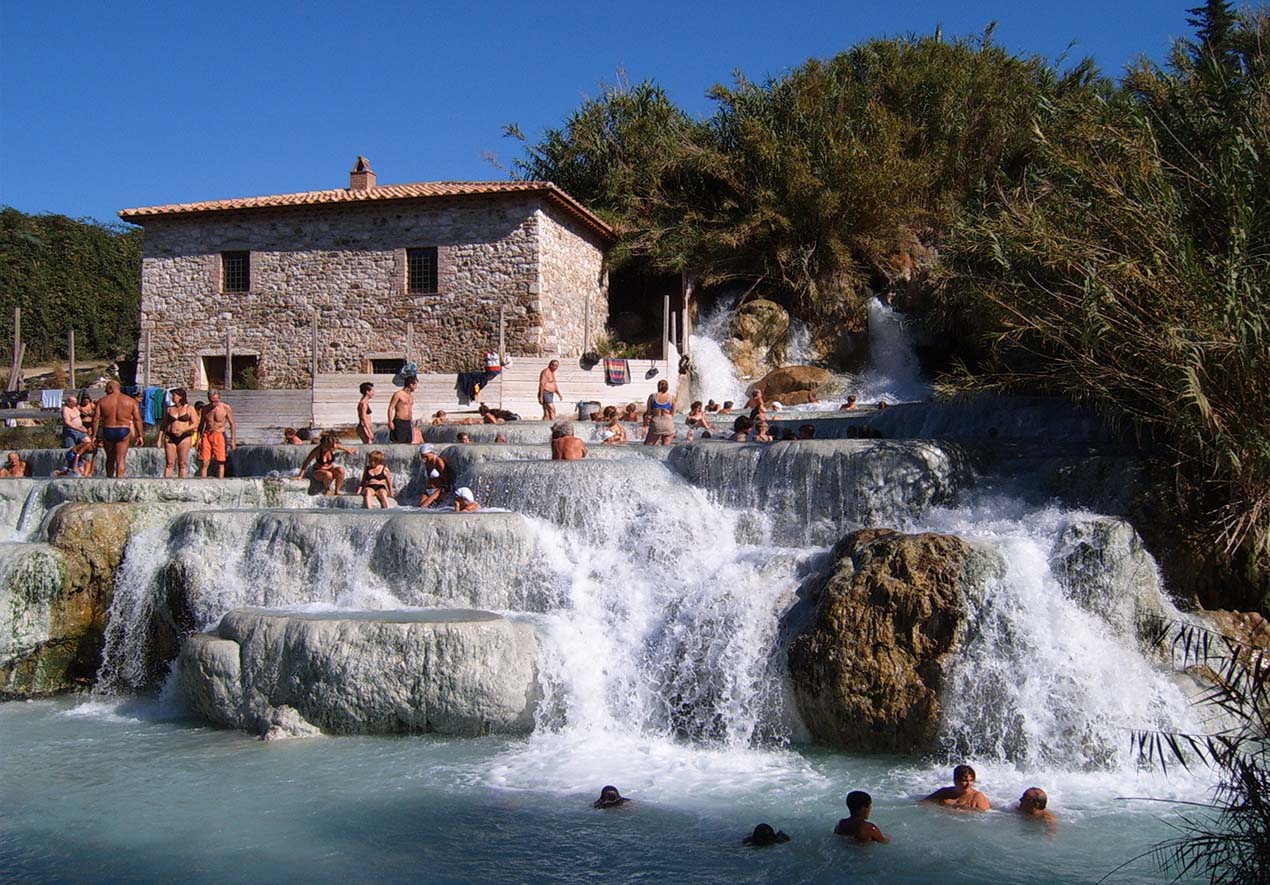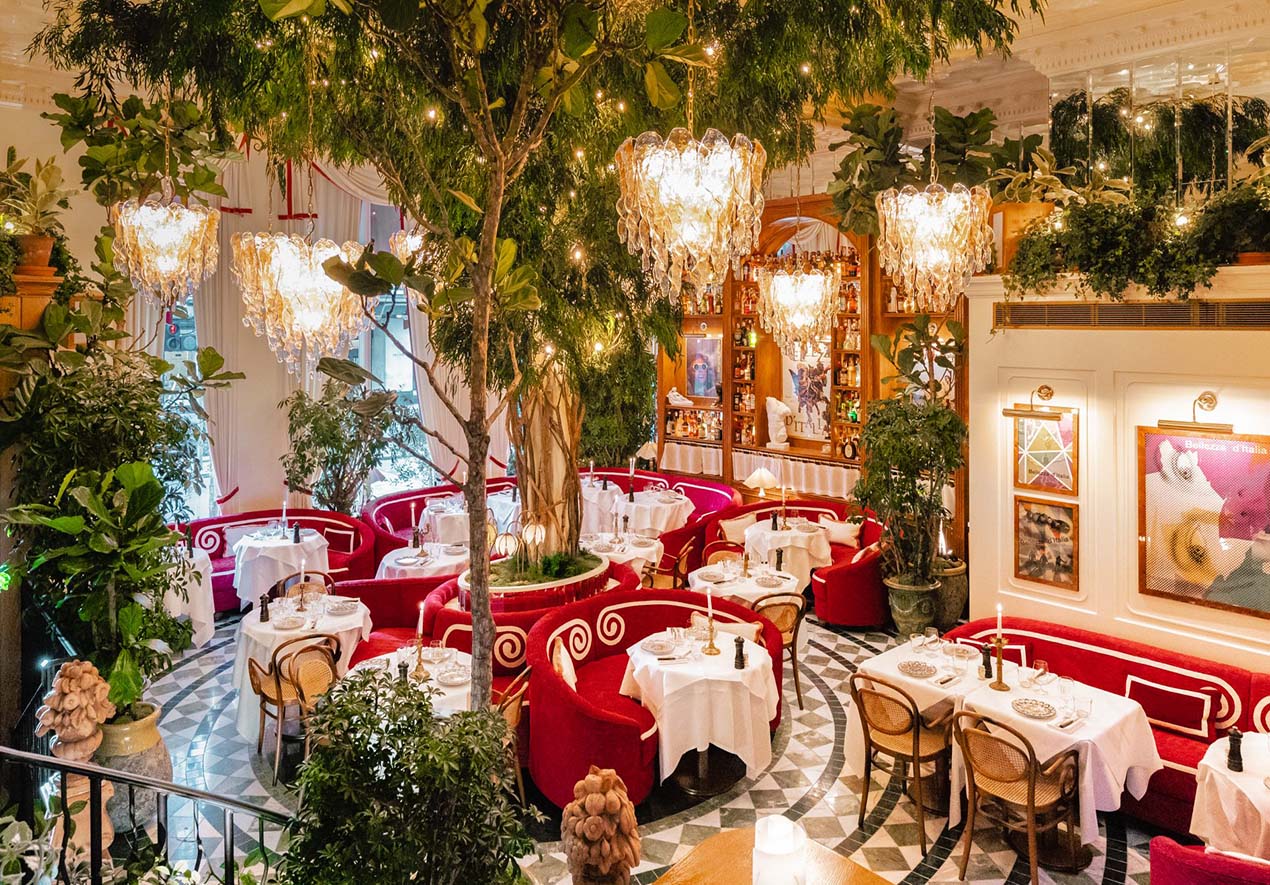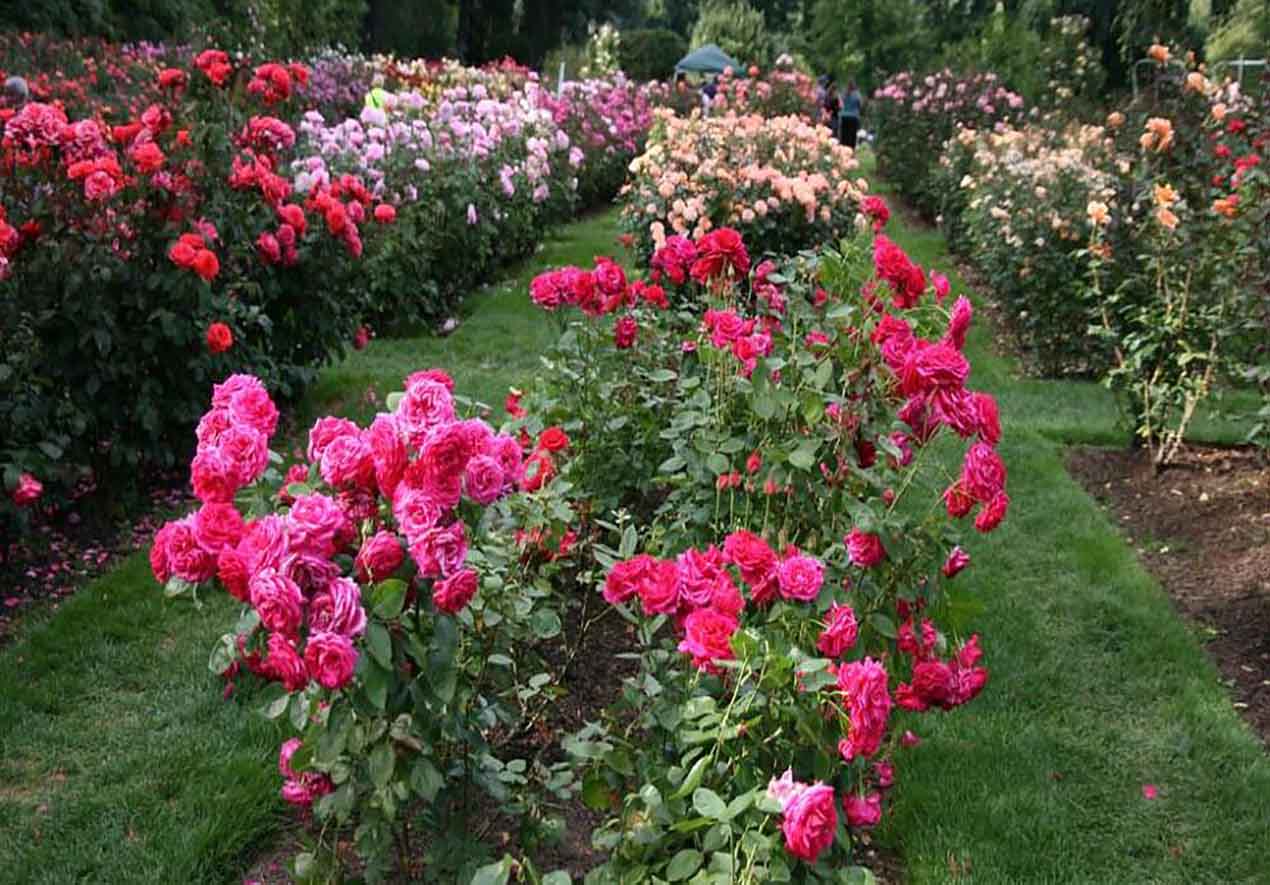Bath, a city renowned for its rich history and Georgian architecture, is equally famous for its natural hot springs and the enduring spa culture that has flourished for centuries.
1. The Roman Baths:
- Overview: The Roman Baths, a UNESCO World Heritage Site, stand as the heart of Bath’s spa culture. Dating back to Roman times, these ancient baths showcase the city’s thermal springs and allow visitors to explore the ruins, including the sacred spring and the Roman temple.
- Website: [The Roman Baths]
2. Thermae Bath Spa:
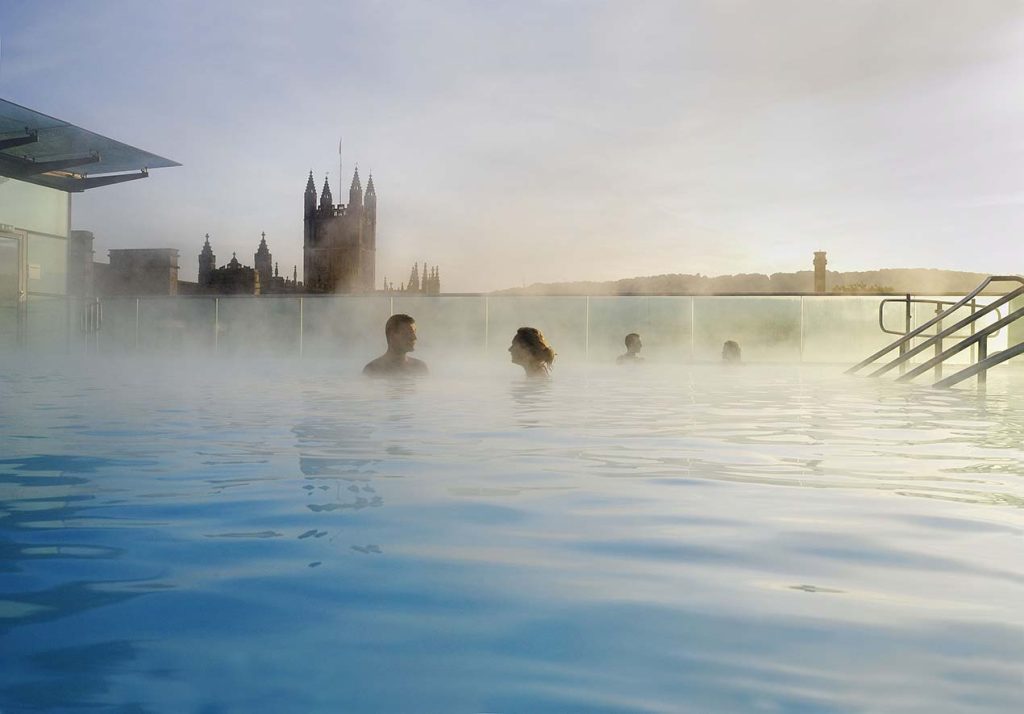
- Overview: For a modern spa experience, visitors can indulge in the Thermae Bath Spa, where they can immerse themselves in naturally warm, mineral-rich waters while enjoying panoramic views of the city from the rooftop pool. It’s a harmonious blend of ancient and contemporary spa experiences.
- Website: [Thermae Bath Spa]
3. Spa Culture and Wellness:
- Overview: Bath’s spa culture extends beyond its famous attractions. The city offers a diverse range of wellness centers, holistic therapies, and treatments that harness the therapeutic properties of the thermal waters. Visitors can partake in massages, facials, and various spa services.
4. Historical Significance:
- Overview: Bath’s thermal springs have not only offered relaxation but have also played a pivotal role in the city’s history. From Roman bathing rituals to Georgian society gatherings, these springs have been an integral part of Bath’s cultural tapestry.
5. Jane Austen and Literary Connections:
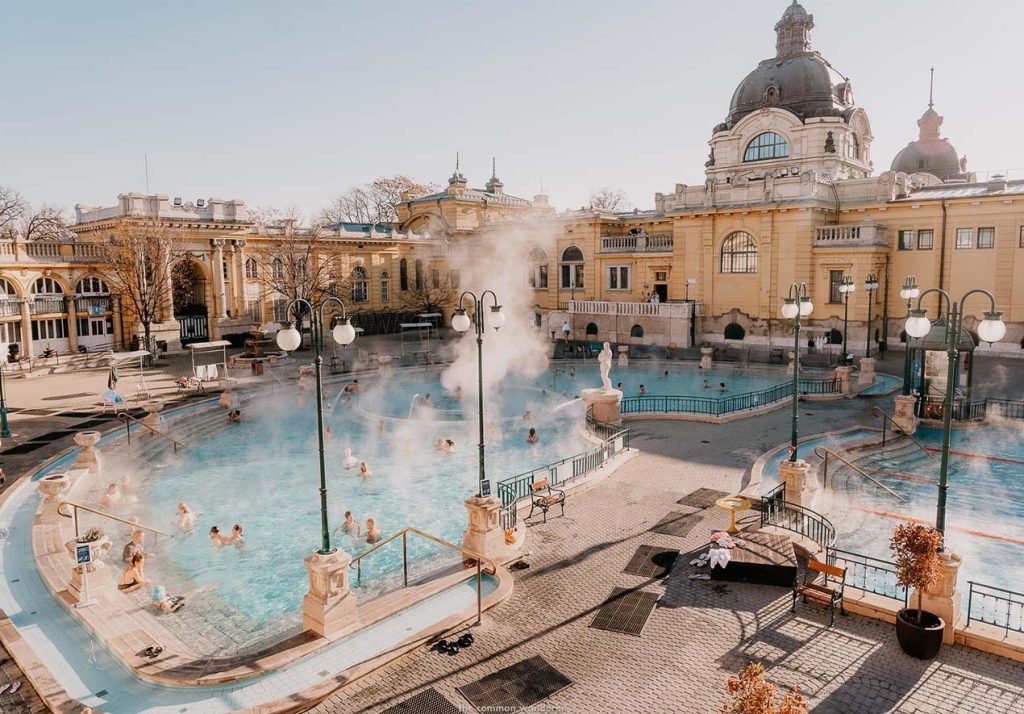
- Overview: Bath’s spa culture is intricately intertwined with literature. Jane Austen, who resided in Bath, featured the city’s spa society in her novels. A visit to Bath offers an opportunity to explore the literary connections to spa culture.
6. Spa-Themed Events:
- Overview: Throughout the year, Bath hosts various spa-themed events and festivals, including wellness retreats, yoga workshops, and cultural exhibitions that celebrate the city’s spa heritage.
Bath’s unique allure lies in its thermal springs and the enduring spa culture that surrounds them. Whether you’re exploring the ancient Roman Baths, indulging in modern spa experiences at Thermae Bath Spa, or immersing yourself in wellness and literary history, Bath offers a spa culture like no other.
